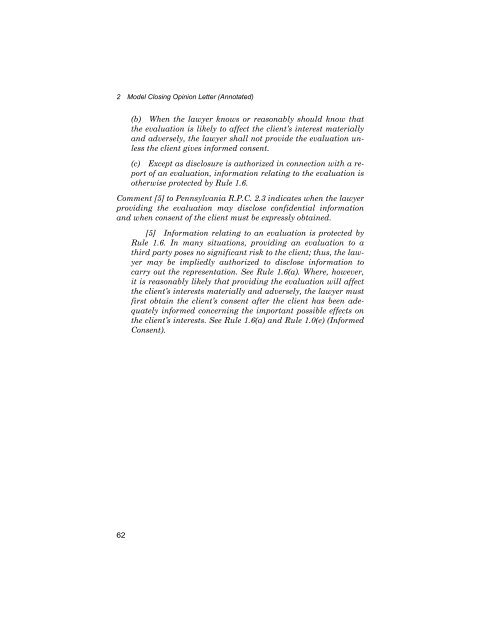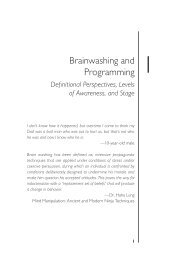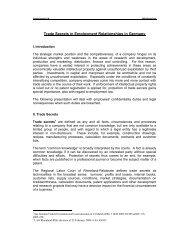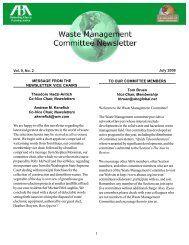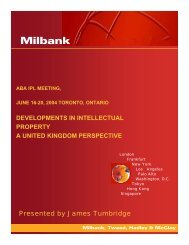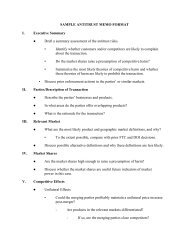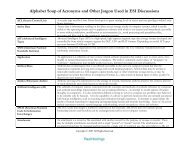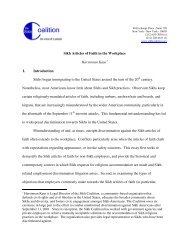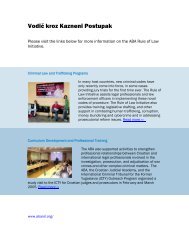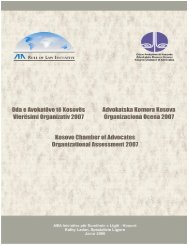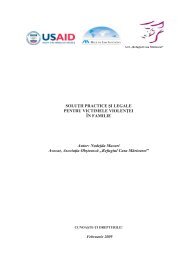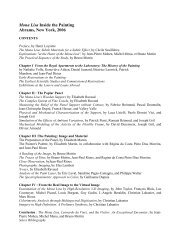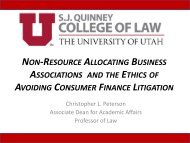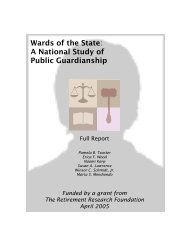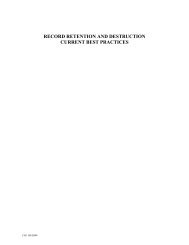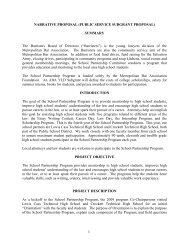Model Closing Opinion Letter (Annotated) - American Bar Association
Model Closing Opinion Letter (Annotated) - American Bar Association
Model Closing Opinion Letter (Annotated) - American Bar Association
Create successful ePaper yourself
Turn your PDF publications into a flip-book with our unique Google optimized e-Paper software.
2 <strong>Model</strong> <strong>Closing</strong> <strong>Opinion</strong> <strong>Letter</strong> (<strong>Annotated</strong>)<br />
62<br />
(b) When the lawyer knows or reasonably should know that<br />
the evaluation is likely to affect the client’s interest materially<br />
and adversely, the lawyer shall not provide the evaluation unless<br />
the client gives informed consent.<br />
(c) Except as disclosure is authorized in connection with a report<br />
of an evaluation, information relating to the evaluation is<br />
otherwise protected by Rule 1.6.<br />
Comment [5] to Pennsylvania R.P.C. 2.3 indicates when the lawyer<br />
providing the evaluation may disclose confidential information<br />
and when consent of the client must be expressly obtained.<br />
[5] Information relating to an evaluation is protected by<br />
Rule 1.6. In many situations, providing an evaluation to a<br />
third party poses no significant risk to the client; thus, the lawyer<br />
may be impliedly authorized to disclose information to<br />
carry out the representation. See Rule 1.6(a). Where, however,<br />
it is reasonably likely that providing the evaluation will affect<br />
the client’s interests materially and adversely, the lawyer must<br />
first obtain the client’s consent after the client has been adequately<br />
informed concerning the important possible effects on<br />
the client’s interests. See Rule 1.6(a) and Rule 1.0(e) (Informed<br />
Consent).


